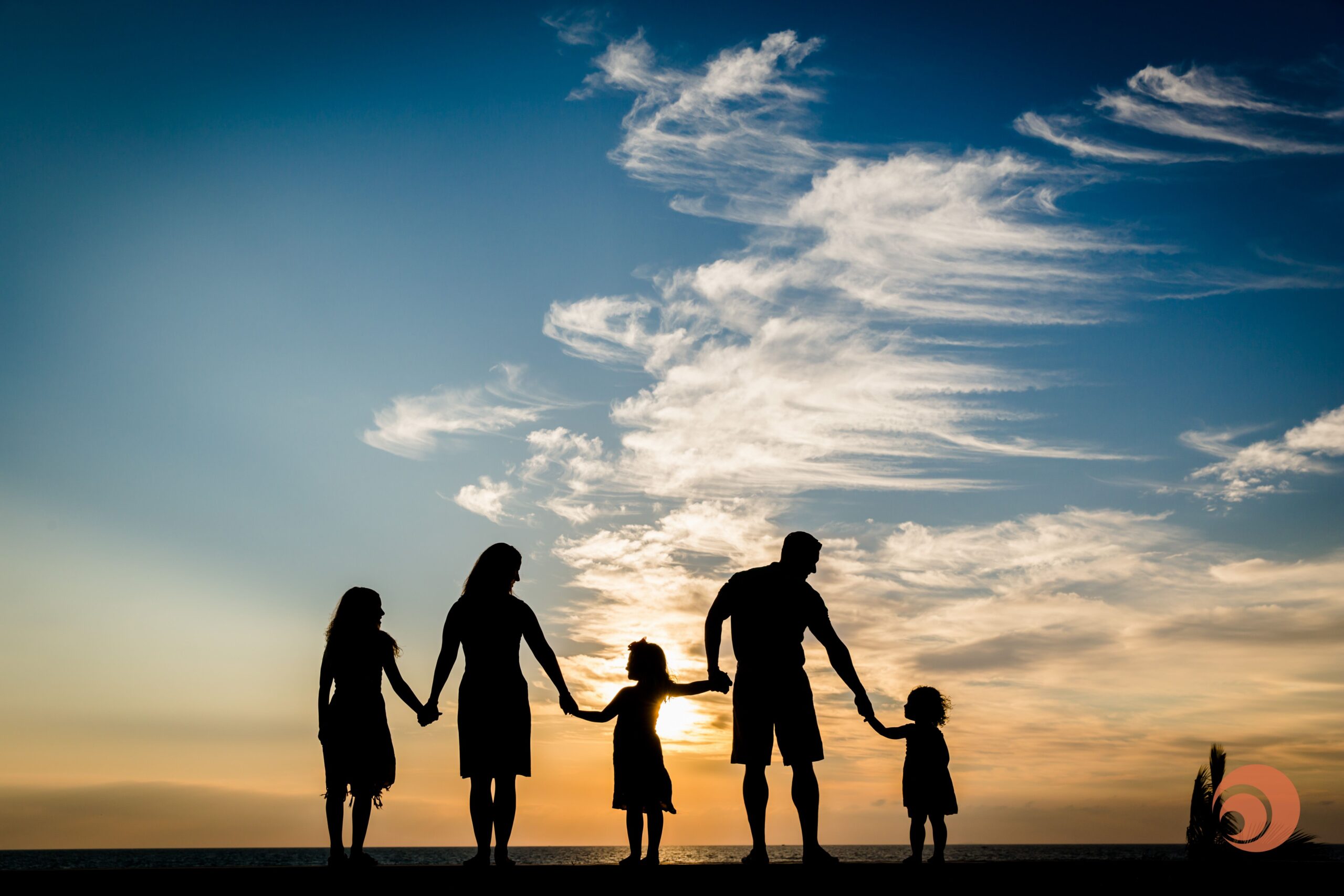Wellness Checks: When and How to Request One for Someone’s Safety
What’s a wellness check?
A wellness check, likewise call a welfare check, does a request make to local police or emergency services to visit an individual at their home to make sure they’re okay. These checks are typically conducted when someone is worried about another person’s intimately being and can’t reach them or verify their safety.
Law enforcement officers who will perform wellness checks will visit the person’s residence, attempt to make contact, and will assess if the individual will need assistance. If necessary, they may arrange for medical attention or other appropriate services.
Signs that indicate a wellness check may be necessary
Sudden loss of contact
One of the well-nigh common reasons for request a wellness check is when someone abruptly stop respond to calls, texts, or other forms of communication, peculiarly if they’re typically responsive. This become peculiarly concern when:
- The person live lone
- They’ve ne’er go silent for this long earlier
- They’ve miss important appointments or commitments
- They haven’t shown up for work without notice
Concern messages or social media posts
If someone has sent messages or make social media posts that suggest they might harm themselves or others, this warrants immediate attention. Look for:
- Explicit threats of self harm
- Goodbye type messages
- Give away prize possessions abruptly
- Expressions of hopelessness or that life isn’t worth live
Known medical conditions
People with certain medical conditions may require more urgent wellness checks if they become unresponsive. This includes individuals with:
- Heart conditions or other serious health issues
- Diabetes or conditions that could lead to medical emergencies
- Mobility issues that might prevent them from reach a phone
- Cognitive conditions like dementia that might cause confusion
Recent concern behavior
Changes in behavior that might indicate distress include:
- Increase isolation from friends and family
- Unusual paranoia or fear
- Mentions of feel unsafe
- Significant mood change
Environmental concerns
External factors that might prompt a wellness check include:

Source: stock.adobe.com
- Extreme weather events (heat waves, blizzards, etc. )affect someone vulnerable
- Natural disasters in the person’s area
- Power outage during temperature extremes
- Reports of violence or disturbances at or near their residence
When to request a wellness check
Immediate concerns
Call for a wellness check instantly if:
- You have reason to believe someone is in imminent danger
- The person has explicitly threaten self harm and is immediately unresponsive
- You’ve received information suggest a medical emergency
- There be signs of potential violence or danger at the person’s residence
After reasonable attempts to contact
Before request a wellness check, try these steps:
- Call and text the person multiple times
- Contact friends, family members, or neighbors who might have seen them
- If possible, try to reach out through different platfor( ( email, social media, et) )
- Consider whether there might be an innocent explanation for their silence (travel, phone issues )
For vulnerable populations
The threshold for request a wellness check may be lower for:
- Elderly individuals live lone
- People with disabilities that affect communication or mobility
- Individuals with know mental health conditions
- Those with substance abuse issues who might be at risk of o.d.
How to request a wellness check
Contact authorities
To request a wellness check:
- Call the non-emergency police number for the jurisdiction where the person live (unless you believe it’s a life threaten emergency, in which case call 911 / emergency services )
- Clear state that your request a wellness check
- Be prepared to provide the person’s full name, address, and contact information
- Explain your relationship to the person and why you’re concern
Information to provide
Be ready to share:

Source: careclinic.io
- When you last place have contact with the person
- Any medical conditions or medications they take
- Mental health history if relevant
- Whether they have pets that might besides need attention
- If they own weapons or if there be other safety concerns for respond officers
- Names and contact information for other people who might have keys to the residence
What to expect after request a check
After you request a wellness check:
- Officers will typically will visit the residence within a reasonable timeframe
- They will attempt to make contact by will knock, calling, etc.
- If there be no response but there be reason for concern, they may enter the residence if lawfully permit
- You may or may not receive detailed information about what they find due to privacy laws
Special considerations for different situations
For elderly individuals
When concerned about an elderly person:
- Consider contact their senior living facility staff if applicable
- Adult protective services may be an alternative or additional resource
- Have information about any cognitive impairments that might affect their response to officers
- Be aware of routines that might explain an absence (regular medical appointments, etc. )
For people with mental health concerns
If the person has known mental health issues:
- Inform authorities about their condition and how it might affect their behavior
- Mention any previous history of crisis or hospitalization
- Provide contact information for their mental health provider if you’ve it
- Ask if a mental health professional can accompany officers if such services exist in that area
For long distance concerns
If you’re worried about someone far outside:
- Try to contact local friends or family start who could check in person
- Be specially clear and detailed when explain your concerns to authorities
- Provide any information that help establish the legitimacy of your concern
- Be prepared to explain why you, specifically, are make this request from a distance
Potential outcomes of wellness checks
Positive outcomes
Wellness checks can result in:
- Confirmation that the person is safe
- Medical assistance if you need
- Connection to mental health resources
- Intervention in dangerous situations
- Peace of mind for concerned friends and family
Challenges and limitations
Be aware of potential issues:
- The person might be upset about law enforcement involvement
- Privacy concerns may limit what information you receive afterward
- Not all situations warrant police intervention
- Response times and protocols vary by jurisdiction
Alternatives to police wellness checks
Community resources
Consider these alternatives when appropriate:
- Mobile crisis teams specialize in mental health
- Social services agencies
- Community health workers
- Professional welfare check services (available in some areas )
Build a support network
For ongoing concerns:
- Establish check in systems with vulnerable love ones
- Create a phone tree of people who can check on someone
- Consider technology solutions like medical alert systems
- Explore regular check in services through community organizations
Preventive measures
Communication plans
To reduce the need for emergency wellness checks:
- Establish regular check in schedules with vulnerable love ones
- Create share calendars or notification systems for travel or schedule changes
- Discuss expectations about communication frequency
- Have a plan for what to do if someone doesn’t respond within an agreed timeframe
Technology solutions
Consider these options:
- Medical alert devices with fall detection
- Smart home systems that can detect unusual patterns
- Location sharing apps with trust contacts
- Automated check in services that alert emergency contacts if not respond to
Legal and ethical considerations
Privacy concerns
Important factors to consider:
- Wellness checks involve a balance between safety and privacy
- Consider whether your concern warrants potential intrusion
- Be prepared to justify your request to authorities
- Understand that false reports can have legal consequences
Potential for misuse
Be aware that wellness checks should ne’er be use:
- To harass or intimidate someone
- As a way to check if someone is home
- To gain access to someone who has set boundaries
- As a form of retaliation or control
When not to request a wellness check
Avoid request wellness checks in these situations:
- When someone has explicitly asked for space or time unaccompanied
- For brief periods of non communication that are normal for that person
- When the person has oothersknow support systems check on them
- If your concern is mainly curiosity kinda than genuine worry about safety
- When there be less intrusive ways to verify someone’s well bee
Conclusion
Wellness checks serve as a vital safety net in our communities, potentially save lives when use befittingly. The decision to request one should be made thoughtfully, weigh genuine concern against respect for privacy and independence.
By understanding when wellness checks are rightfully necessary and how to request them decently, you can be an effective advocate for those who might need assistance but are unable to ask for it themselves. Remember that the goal is constantly the safety and wellbeing of the person in question, approach with compassion and respect.
If you’re always in doubt about whether to request a wellness check, err on the side of caution when there be legitimate safety concerns. It’s better to request assistance that turn out to be unnecessary than to hesitate when someone unfeignedly need help.



